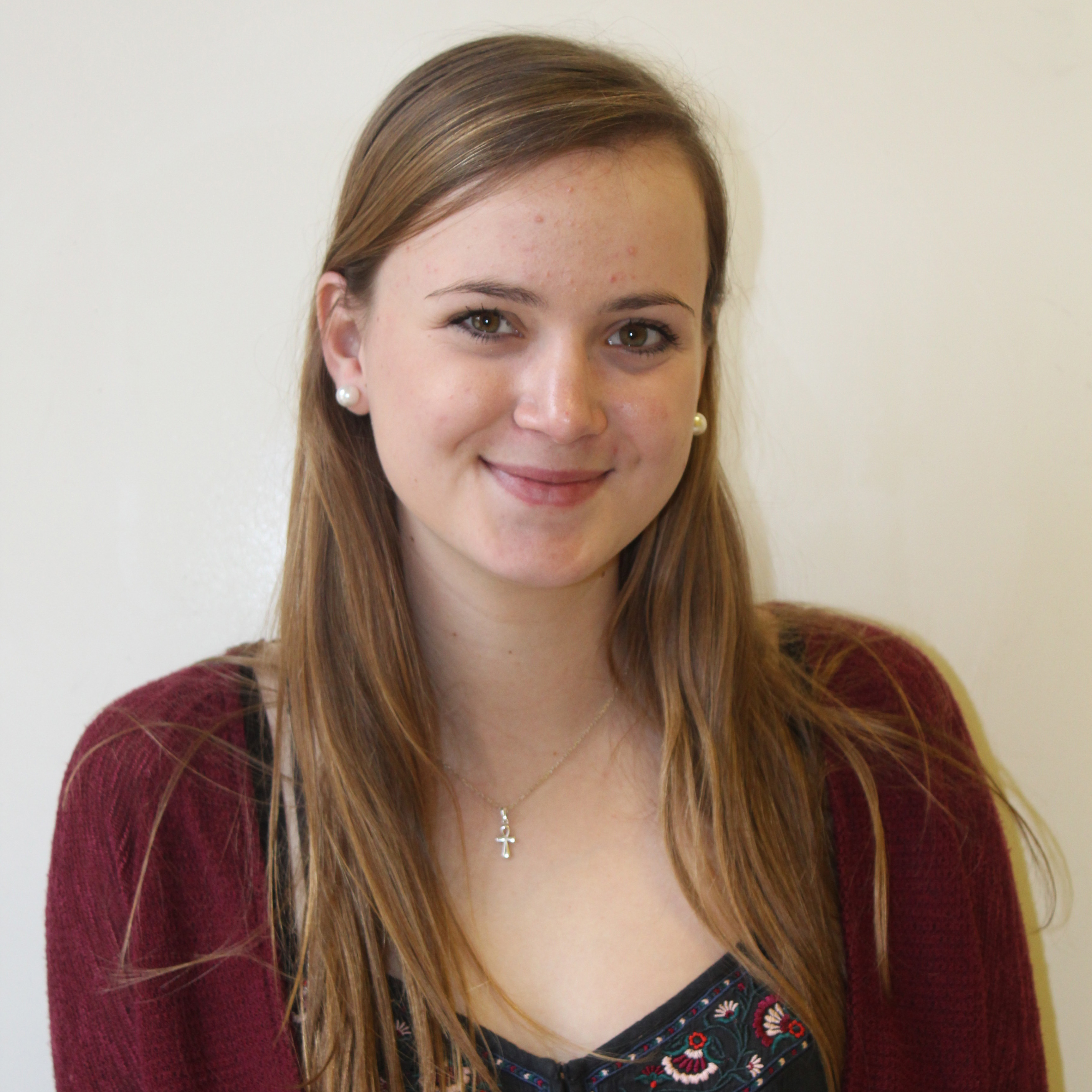I began my schooling as a Montessori student; there were no desks, no bells and no change of classrooms. I came into my classroom every day and I got out the materials that I wanted to work on. In Kindergarten I learned how to tie my shoes, wash my hands and practiced learning how to write the alphabet and spell. I learned how to garden, draw pictures and sing songs about the continents all over the world.
Montessori is special. Montessori teaches children to learn for the value of learning. In Montessori you don’t learn by being taught, you don’t do your homework because you want a good grade on the assignment, you learn because you want to do better. Everything a student does is self-paced, so that no child feels like they are being left behind.
When I was six years old, I couldn’t get all the way across the monkey bars during recess. So, I practiced and I practiced until blisters covered my hands and I eventually mastered it. I was so proud of myself that I told everyone I saw: my teachers, my parents, waitresses and cashiers. If I hadn’t gone to Montessori, I don’t think that I would have been so persistent and I don’t know if I would today know how to successfully make it across those seven yellow metal bars.
As I got older, the Montessori way of thinking and doing started registering in my life outside of school. In second grade we had a talking stick. Whenever there was a conflict with my friends, my teacher would bring us into the hall and we would use that talking stick to work through our arguments. Now a days, I don’t force my friends to sit in a circle and hold a stick to get through the arguments, but I know the importance of working through problems, the importance of listening to others when they are upset and the importance of being heard.
The summer before fifth grade, my mother, siblings and I moved from Washington, North Carolina to Durham, North Carolina, so that my mom could follow her dream of becoming a lawyer at the University of North Carolina’s School of Law. To say I was scared to make the two-hour move away from my friends and away from my dad was an understatement. As my mom followed her dream, I got to begin a new journey.
Fall of fifth grade I started school at Carolina Friends School (CFS), a private, Quaker affiliated school, in Durham.
In terms of education, CFS’s teaching style was similar to that of a traditional school, but what made CFS so unique was the environment beyond the classroom doors. CFS inspired students to be leaders, and leaders we were.
After my fifth grade debut as an Oompa Loompa in the production of Willy Wonka and the Chocolate Factory, I decided to retire from my acting career. But in seventh grade when I heard that the middle school was producing the play Inherit the Wind, I knew that I had to be a part of it, but not as an actor. I got the opportunity to be the stage manager for the play. It was the only performance I’ve been a part of where I got roses afterwards. I was only 13 and I got to be in charge of a performance start to finish.
CFS taught me how to be a leader and taught me the importance of giving back to the community. But the most important lesson that I learned from attending CFS was how to love everyone.
CFS emphasized the importance of accepting people who were different, recognizing groups of people who have been forgotten in history, and giving a voice to students who didn’t feel like they had one. CFS inspired me to stand up for what I believe in, and to take actions to make a change in the world. Because of CFS, I am an active member in Planned Parenthood and I attend LGBTQ pride parades to show my support for the people who are still struggling for their acceptance in society.
I attended Smith Middle School for my eighth grade year, before transferring to Northwood for high school. My experience at traditional public schools hasn’t been bad. I have gotten the chance to be introduced to new kinds of people, and it has given me the opportunity to focus on my future and prepare myself for college.
However, if I hadn’t attended Montessori or CFS, I don’t think I would’ve voluntarily tutored my struggling peers in classes. I don’t think I would be as open to the idea of accepting people who are different than me. I wouldn’t be who I am today.
— By Hannah Gail Shepherd


